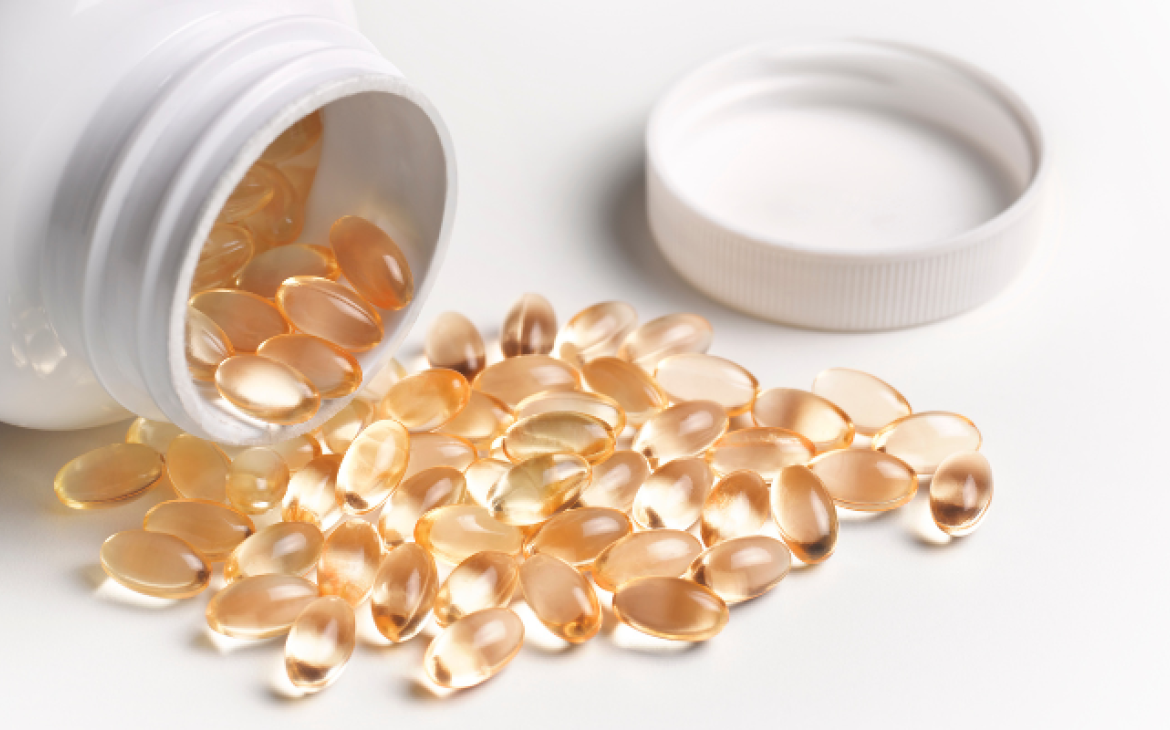
Millions of Americans take dietary supplements, including vitamins, each day. Recommendations on what to take can be found everywhere from commercials to social media influencers. However, without careful consideration, dietary supplements can put patients at risk for serious adverse events. With the booming dietary supplement market and the growing number of supplement options available, it can be challenging to know which products to trust.
Supplements grew in popularity during the COVID-19 pandemic, as many people began taking more vitamins and supplements, in part to support a healthy immune system. Since the Food and Drug Administration regulates supplements differently than pharmaceutical drugs, it can be difficult to know if they contain quality ingredients.
Many companies have excellent quality assurance measures, but some companies do not, which can lead to harmful outcomes for patients. For example, a study published in the Journal of Clinical Sleep Medicine found the amount of actual melatonin in 71% of supplements is off by a 10% margin, meaning most sellers mislabel how much of the ingredient is in the supplement. The same study also found that the amount of melatonin in a single bottle can vary by as much as 465%1.
Additionally, a recent study in the Journal of the American Medical Association found that there’s been a five-fold increase in melatonin use among U.S. adults in the past few decades, and people are taking higher doses of melatonin2. Taking products that may be labeled incorrectly can be harmful for patients.
One indicator that health care practitioners can use to help ensure patients are taking quality supplements to support their health and wellbeing is the USP Verified Mark. The USP Verified Mark is the industry gold standard for independent product testing. USP Verified supplements are tested to ensure that the potency and amounts of ingredients match the label, the product does not contain harmful levels of specified contaminants, and that the product has been made using safe, sanitary and well-controlled manufacturing practices.
Consumers want to buy quality products. Health care practitioners can support patients in making informed health decisions by recommending products with the added seal. Two out of three consumers rely on the recommendations of health care practitioners when choosing a supplement3.
In addition to recommending that patients look for the USP Verified Mark, health care practitioners can share an interactive scorecard developed by the U.S. Department of Defense that asks seven yes-or-no questions as a screen for supplement safety. The questions include things like whether you can easily pronounce the name of each ingredient or if the label is free of questionable claims or statements.
Health care practitioners can speak with patients about the importance of choosing quality vitamins and other dietary supplements and ensuring that the USP Verified Mark is present on the products that the patient is purchasing. It is a great way to verify that what’s on the label is what’s in the bottle.
1 https://jcsm.aasm.org/doi/10.5664/jcsm.6462
2 Li J, Somers VK, Xu H, Lopez-Jimenez F, Covassin N. Trends in Use of Melatonin Supplements Among US Adults, 1999-2018. JAMA. 2022;327(5):483–485. doi:10.1001/jama.2021.23652
3 https://www.quality-supplements.org/sites/default/files/qs/article/usp-…


